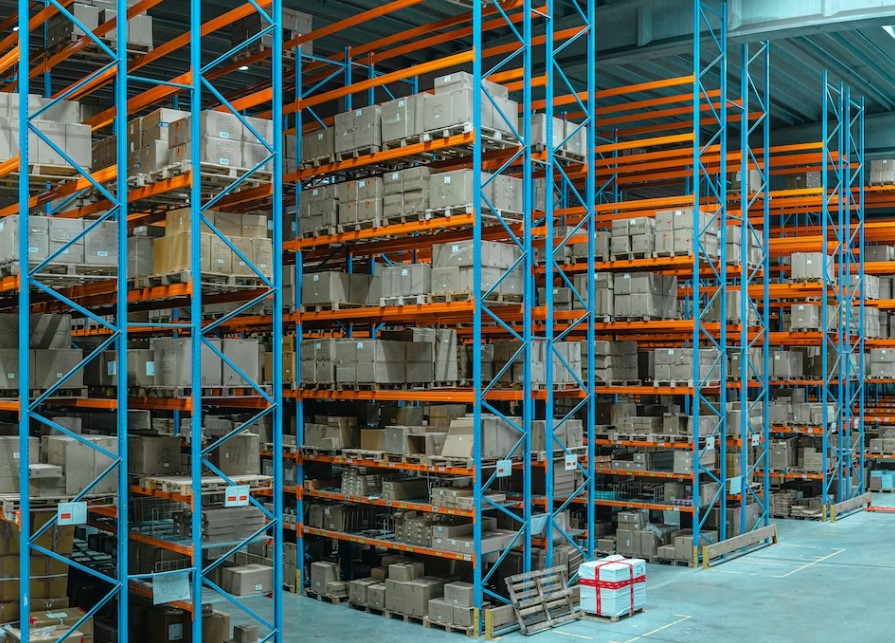
In today’s globalized and highly competitive business world, effective supply chain management is critical to the success of any company. The supply chain is a complex network of interconnected activities that include everything from sourcing raw materials to delivering finished products to customers. It involves multiple stakeholders, including suppliers, manufacturers, distributors, retailers, and customers. In this article, we will explore the importance of supply chain management and how it can benefit businesses.
What is Supply Chain Management?
Supply chain management (SCM) is the process of planning, organizing, and controlling the activities involved in the production and delivery of goods and services. It involves managing the flow of materials, information, and finances from the point of origin to the point of consumption. Effective SCM requires collaboration between all stakeholders in the supply chain, from suppliers to customers.
The Importance of Supply Chain Management

A well-managed supply chain can provide several benefits for businesses, including:
- Increased efficiency and productivity: Effective SCM can streamline processes and reduce waste, resulting in improved efficiency and productivity. This can lead to lower costs and higher profits for businesses.
- Improved customer satisfaction: SCM can help businesses to deliver products to customers faster and more reliably, resulting in higher levels of customer satisfaction.
- Increased competitiveness: SCM can help businesses to compete more effectively in the global marketplace by reducing costs, improving quality, and enhancing customer service.
- Enhanced visibility and control: SCM provides businesses with greater visibility and control over their operations, allowing them to respond quickly to changes in demand or supply.
Blockchain Supply Chain
Blockchain technology is increasingly being used in supply chain management (more here). A blockchain is a decentralized digital ledger that records transactions securely and transparently. This technology can be used to track products throughout the supply chain, providing greater transparency and traceability.
Blockchain can help to reduce the risk of fraud, counterfeiting, and other supply chain-related issues. It can also enable stakeholders in the supply chain to share information and collaborate more effectively.
Supply Chains
There are several types of supply chains, including:
- Lean supply chain: This type of supply chain focuses on reducing waste and maximizing efficiency.
- Agile supply chain: This type of supply chain emphasizes flexibility and the ability to respond quickly to changes in demand or supply.
- Green supply chain: This type of supply chain emphasizes sustainability and reducing environmental impact.
- Resilient supply chain: This type of supply chain is designed to withstand disruptions such as natural disasters or supply chain-related issues.

